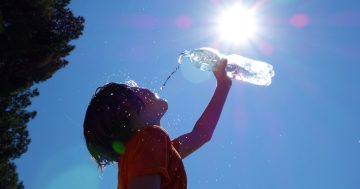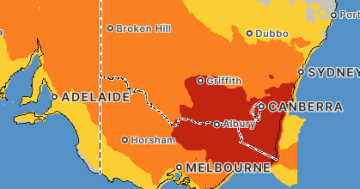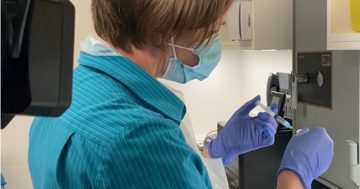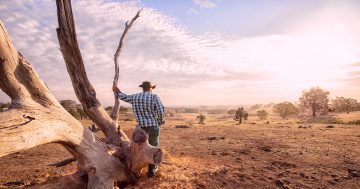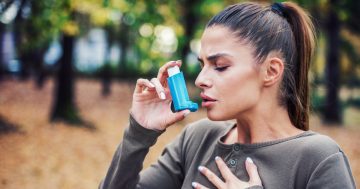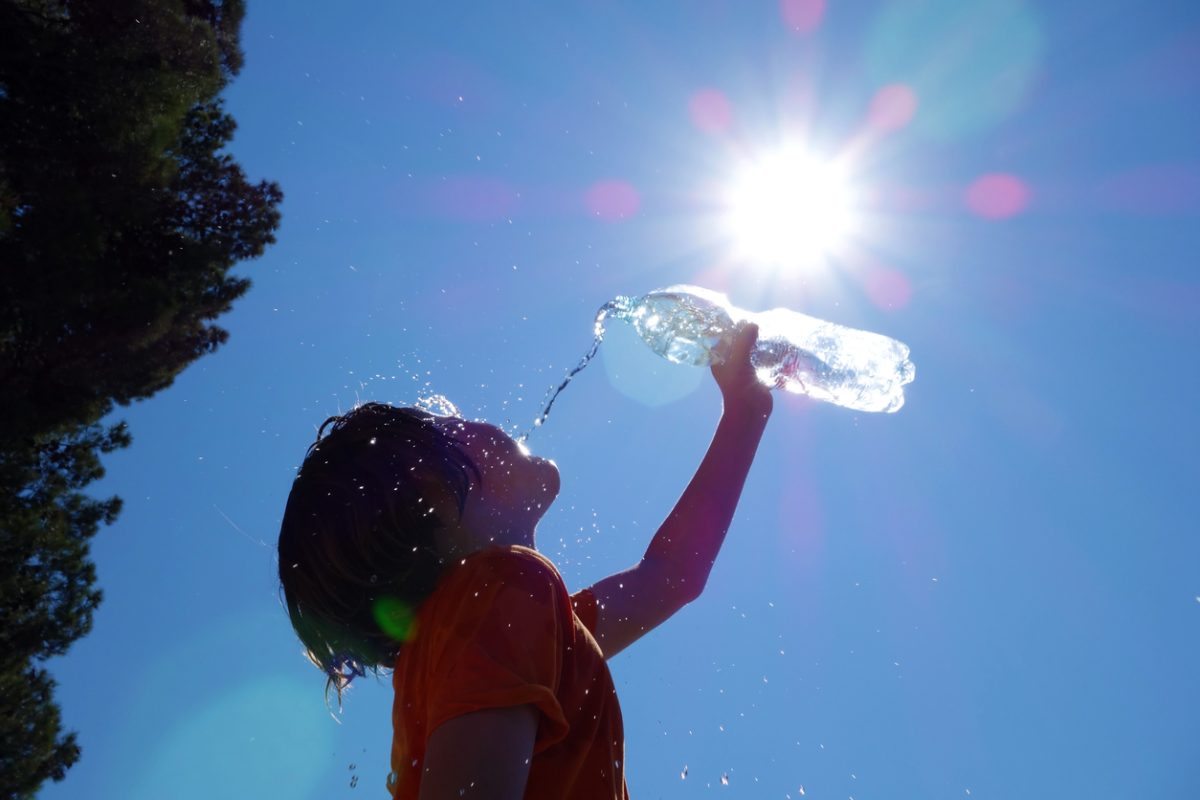
NSW residents are being warned to prepare for the heat. Photo: AlesVeluscek.
The heatwave came late this year and while summer may be behind us, there are still a string of hot days ahead according to the Bureau of Meteorology.
Murrumbidgee Local Health District (MLHD) has issued a reminder to take care and to be prepared for the heat.
“We’re asking people to plan ahead, to know the symptoms of heat-related illness, and what they can do to keep cool and stay hydrated during heatwaves,” said MLHD Public Health Unit Senior Medical Advisor Dr Anton Forsyth.
He warned that some members of the community faced a greater risk of heat-related health problems including the youngest and the oldest.
“Babies and young children can dehydrate quickly in hot weather. For babies under six months, they may need or demand extra feeds during hot weather. For breastfed babies, breast milk provides for their needs and extra water is not necessary. For bottle-fed babies, the number of feeds may need to be increased. The best drink for older babies and children is water,” he said.
“Older members of the community are also more vulnerable to the heat and should be prepared. Talk to your doctor about how heat might affect your health and any medications you are taking and learn the signs, symptoms and first-aid for heat-related health problems.”
NSW Health has tips to help the community prepare and stay healthy in the heat:
- Understand your health. Your health can be affected during a heatwave, especially if you have a medical condition. Speak to your doctor and have a plan for heatwaves
- Speak to your doctor if you have chronic health conditions or are on regular medications to discuss what to do during hot weather
- Most medications should be stored below 25 degrees Celsius. Only store medications in the refrigerator if the label says so, or if your doctor or pharmacist has told you to. If unsure, ask your pharmacist about how your medication should be stored
- Prepare your home. Check fridges, freezers, fans and air-conditioners work properly
- Keep track of the weather. Regularly check the weather forecast to monitor the heat
- Have a heatwave preparation checklist. Consider who to call if you need help, where to find your emergency kit and being prepared for bushfires
- Keep in touch with family and friends
- Know how to keep cool and stay hydrated. NSW Health has a number of tips and specific advice online.







